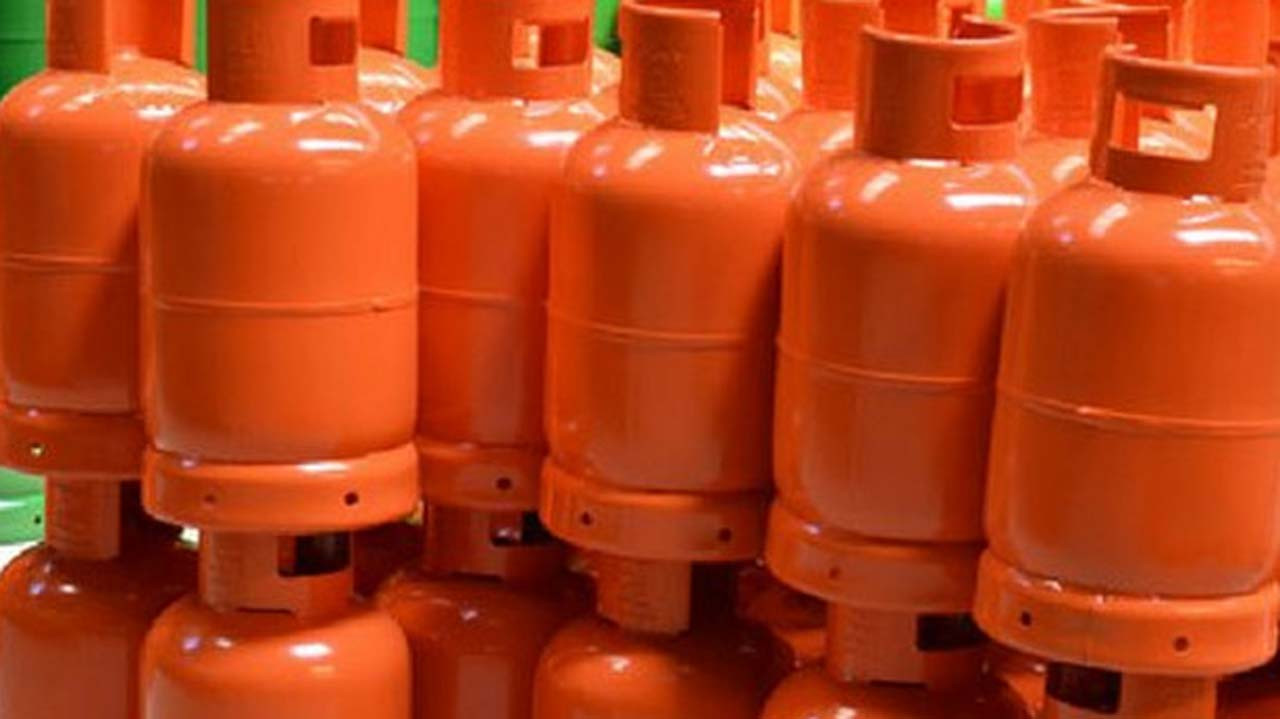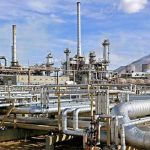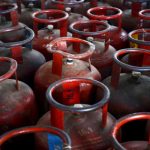
NALPGAM Seeks Regulation of Industrial Gas Retailing
The Nigerian Association of Liquefied Petroleum Gas Marketers (NALPGAM) has asked the Federal Government to put in place a regulation on filling and retailing of industrial gases.
Executive Secretary of the association, Bassey Essien, gave the charge in a statement on Tuesday.
Essien, who said that just as the Department of Petroleum Resources (DPR) monitors and regulates LPG filling plants, the same should be extended to other inflammable products like acetylene and other industrial gases, warned that filling and retailing of industrial gases have to be strictly monitored.
“Regulators should beam attention on the activities of practitioners dealing in acetylene and other industrial gases so as to check these recurrent incidences. Failure to do this and the frequent misrepresentation in the media attributing acetylene explosions to cooking gas will erode consumers’ confidence in the use of Liquefied Petroleum Gas (LPG) and heighten the fear factor that cooking gas usage is unsafe,” he said.
In a related development, the Standards Organisation of Nigeria (SON) says it will prosecute importers, manufacturers and distributors of substandard Liquefied Petroleum Gas (LPG) cylinders and other products as provided by law.
The Director General (DG) SON, Osita Aboloma gave the warning on Tuesday during a visit the scene of Gas explosion at Sabo Tasha, Kaduna, in which six people lost their lives.
The News Agency of Nigeria (NAN) reports that the DG was represented by Engr. Nwaoma Olujie, Group Head LPG at SON. NAN also reports that Aboloma also paid condolence to Kaduna State Government over the sad incident.
“We are determined to ensure diligent prosecution of importers, manufacturers and distributors of substandard LPG cylinders and other products as provided in SON Act No. 14 of 2015,” he said.
Aboloma said the management of SON received the sad news of the gas explosion with deep sorrow, adding that the organisation commiserates with families of the victims as well as the people and government of Kaduna state.
He explained that such avoidable explosion was one too many, noting that, “If only the necessary safety measures and precautions were put in place by the gas vendors, the disaster will not have occurred.
“It is necessary that we once again reiterate our recent warning to dealers and consumers, on the safe use of LPG and other gas cylinders. This repeat warning is in view of recent explosions around the country occasioned by wrong handling of the products.”
The DG urged dealers and consumers to patronise only SON certified LPG and other gas cylinders with the appropriate marking “in order to safeguard our homes, offices and surroundings from avoidable accidents from substandard cylinders.”
“Our officers in 42 offices across the nation have been directed to inspect all LGP plants and ensure the certification or re-certification of all installed vassels as the case may be. The full weight of law shall be brought to bear on any plant and owner who fail to comply with this mandatory requirement of SON Act,” Aboloma added.
He, therefore, warned importers of LGP and other gas cylinders to adhere strictly to SON established procedure for the importation of the product.
He added that dealers and consumers must look out for mandatory embossed marking on all imported LGP cylinders as specified in the Nigeria Industrial Standard.
“Furthermore, for certified locally manufactured LGP cylinders we wish to advise dealers and users to look out for SON Mandatory Conformity Assessment Programme (MANCAP) logo and numbers in addition to the markings specified for the imported products.”
Aboloma disclosed that the life span of LGP cylinders in Nigeria is 15 years during which the cylinders must be requalified twice every five years.
“SON has put in place a rigorous procedure for the certification of imported and locally manufactured LGP cylinders for use in Nigeria to guarantee safety and durability of the product.”
Source: NAN


